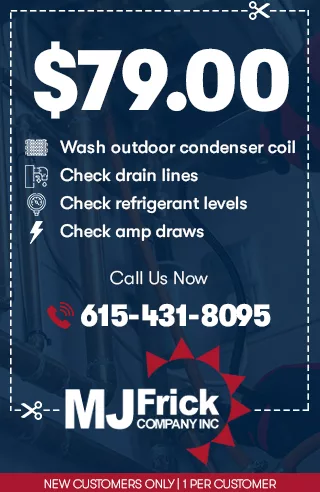HVAC Systems: How To Improve Indoor Air Quality
HVAC systems have a direct relationship to the quality of the air it produces and circulates.
This article will describe measures that can be taken to improve heating, ventilation, and air conditioning systems’ indoor air quality (IAQ).
Three Ways To Improve Indoor Air Quality
There are a number of ways to enhance indoor air quality through HVAC systems.
Here each of these methods will be discussed in detail.
- Air filtration
- Ventilation
- Humidity control
Each of these methods can help improve the quality of the air provided by an HVAC system.
When each of these methods is in alignment, the HVAC system can run properly and supply clean air without contamination of pollutants.
Proper Filtration Enhances Overall Air Quality
An HVAC system with poor filtration can cause indoor air quality to be less than satisfactory.
When a heating, ventilation, and air conditioning system is running properly, and filtration is adequate, systems not only work better, but the air quality improves.
Air Filtration
Air filters that are regularly changed and maintained can help prevent pollutants from getting inside the ductwork and circulating throughout the air. Some of these pollutants include mold spores and mildew.
Air filters play a huge role in maintaining good air quality. Their main purpose is to clean the air.
These filters trap pollen, microorganisms, dust, hair, and other particulate matter.
Without air filters, pollutants get released into the air and recirculated through the ductwork.
Dirty air filters can lead to a myriad of health problems.
By trapping contaminants, air filters also promote the longevity of the HVAC system by keeping the condenser coils free from dander, dust, and other contaminants.
Many air filters should be changed every 90 days or so.
Commercial units may need to be changed more often depending on the amount of foot traffic.
Ventilation
The purpose of ventilation is to bring air from outside the building inside to help improve air quality. It brings in healthy air while removing pollutants that could be contaminating the air within the building.
If temperature and humidity levels permit, outdoor air can enter a building through open windows or doors. This type of natural ventilation helps to reduce pollutants and other contaminants from recirculating.
Air vents should be unblocked by cabinets, storage boxes, and other furniture.
Some types of building insulation can also lead to poor ventilation. In this case, controlled ventilation outlets should be considered.
When ventilation is poor it can have a direct effect on the indoor air quality (IAQ).
It can cause a buildup of carbon dioxide and other pollutants.
Proper ventilation within an HVAC system will lead to improved overall air quality.
Humidity Control
Monitoring the humidity levels within an HVAC system can contribute to indoor air quality.
Humidity levels should always be controlled.
High humidity levels can contribute to higher concentrations of pollutants leading to mold and dust mites. When humidity levels are high it can cause other problems such as water damage.
When humidity levels are low it can lead to physical irritations for the eyes, nose, and skin.
Proper indoor humidity levels should be kept between 30 and 50 percent.
A humidity gauge can help understand where levels currently sit.
If humidity levels are too high, opening a window or turning on the air conditioning can help.
If more humidity is needed, a humidifier can be used to increase the moisture level.
If in doubt contact MJ Frickco today!













